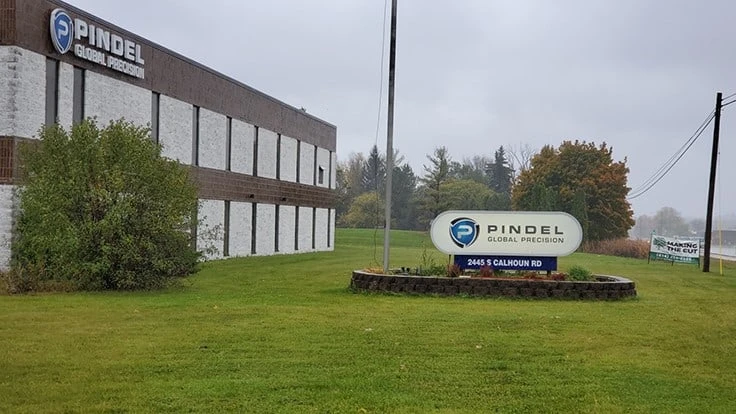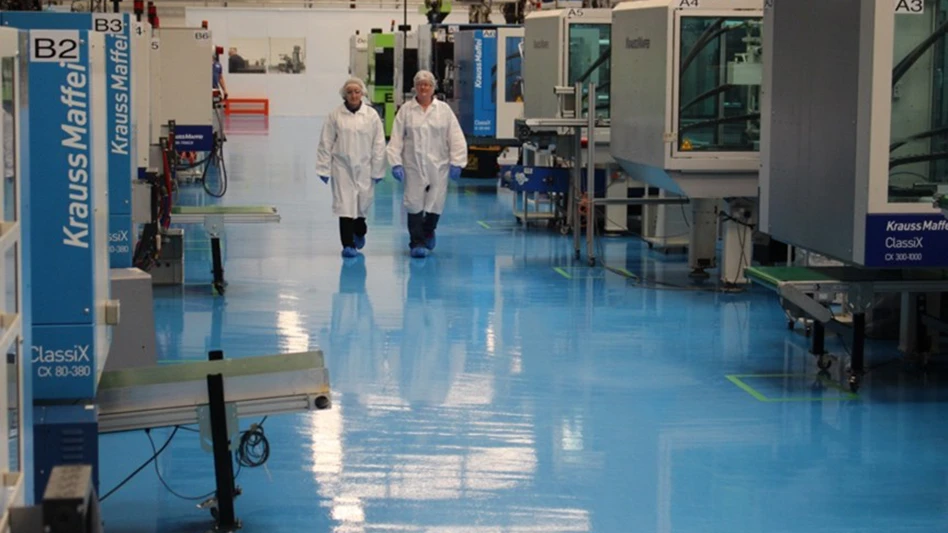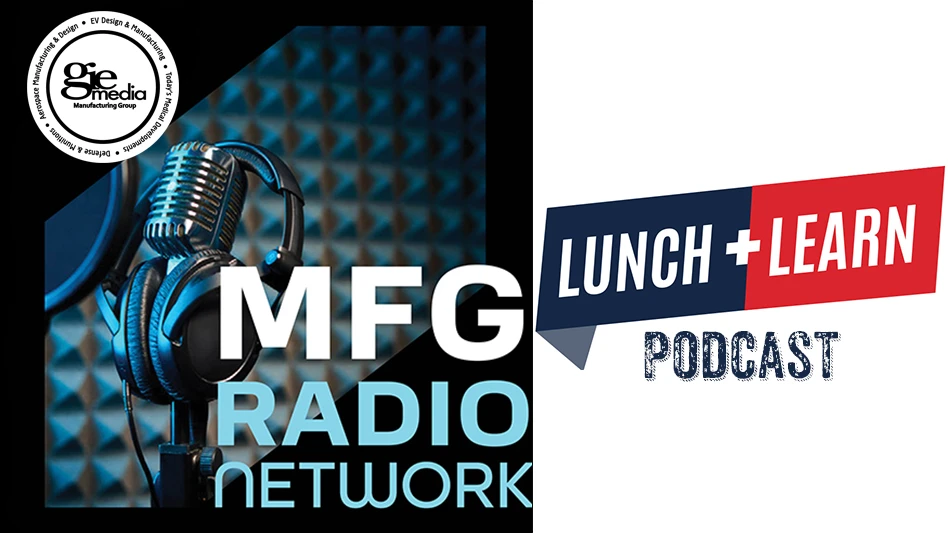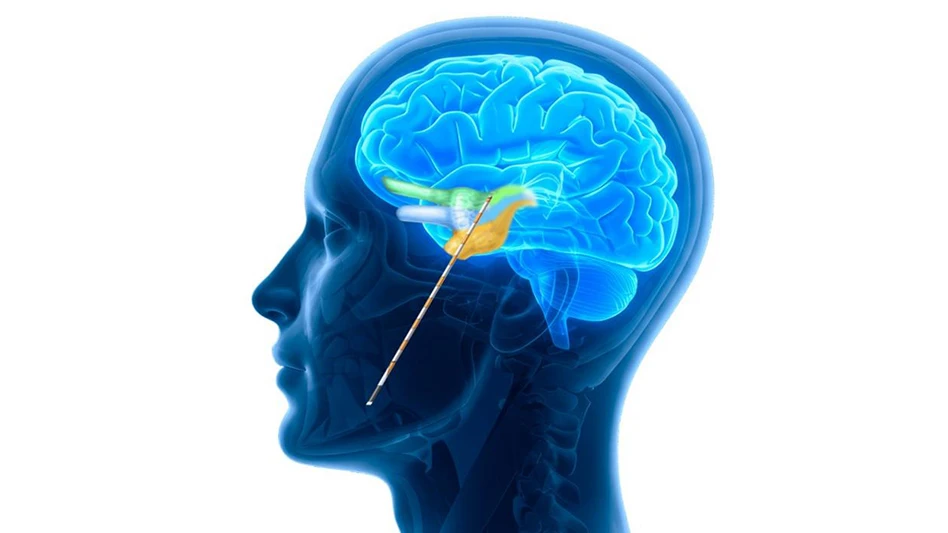
Pindel Global Precision
Pindel Global Precision, a Milwaukee, Wisconsin-based contract manufacturer of precision-machined parts for global customers, typically serves the industrial control and automation industries. But when COVID-19 spread rapidly across the globe, CEO Bill Berrien saw an opportunity to help.
“We put our name out there as a candidate willing to make ventilator parts at cost,” Berrien says. “There was a national, humanitarian urgency to meet the need. We had to raise our hands.”
Pindel was at the same time involved in another big change—switching the shop from PartMaker to ESPRIT.
“PartMaker support had been gradually disappearing after it was acquired by Autodesk,” Berrien says. “It’s not getting the investment that it needs, especially when it comes to CNC Swiss and complex turned parts.”
Berrien and his team were also frustrated by the frequent editing that PartMaker’s programs required. This drove the team to switch to ESPRIT and its continuous innovation, including regular feature launches, AI capabilities, and edit-free NC code.
“The manufacturing ecosystem we have in this country, and particularly Wisconsin and the upper Midwest in general, can make us the world’s factory floor,” Berrien says. “But it has to be enabled by automation and AI.”
COVID-19 marked a huge turning point in Pindel’s manufacturing operations, and ESPRIT made the transition as smooth as possible.

ESPRIT machine tool (Tsugami) used to machine ventilator parts.
Berrien recalls the rapid turnaround that resulted from switching to ESPRIT as Pindel started making ventilator parts. “By Monday, we were cutting chips on test material—on all five different part numbers. By Tuesday we were making parts, and by Wednesday we were anodizing them.”
As Pindel continues to make ventilator parts while simultaneously pursuing AS9100D certification, Berrien considers the post-pandemic future of manufacturing. “I believe that on the other side of this crisis, we’ll realize that the legacy mindset around supply chains is no longer applicable. The default setting of OEM sourcing teams—using the cheapest components from Asia-based chains—is misplaced. We’ve got a tremendous amount of automation right here and capability and capacity to deliver production parts immediately. We’ve got the technology, the ecosystem, untapped capacity, and an incredibly skilled workforce.”
Latest from Today's Medical Developments
- Boston Scientific to acquire Penumbra, expanding cardiovascular portfolio
- Star Cutter introduces Double Pilot Reamer
- #80 Manufacturing Matters - Machining Strategies to Save Time and Improve your Process for MedTech Components with Kennametal Inc.
- Real-world parts and expert manufacturing advice
- Experts discuss the latest in toolholding technology
- How permanent magnets are powering medical innovation
- Forecasting the year ahead in design and manufacturing
- Tecomet, Orchid Orthopedic Solutions announce merger agreement





